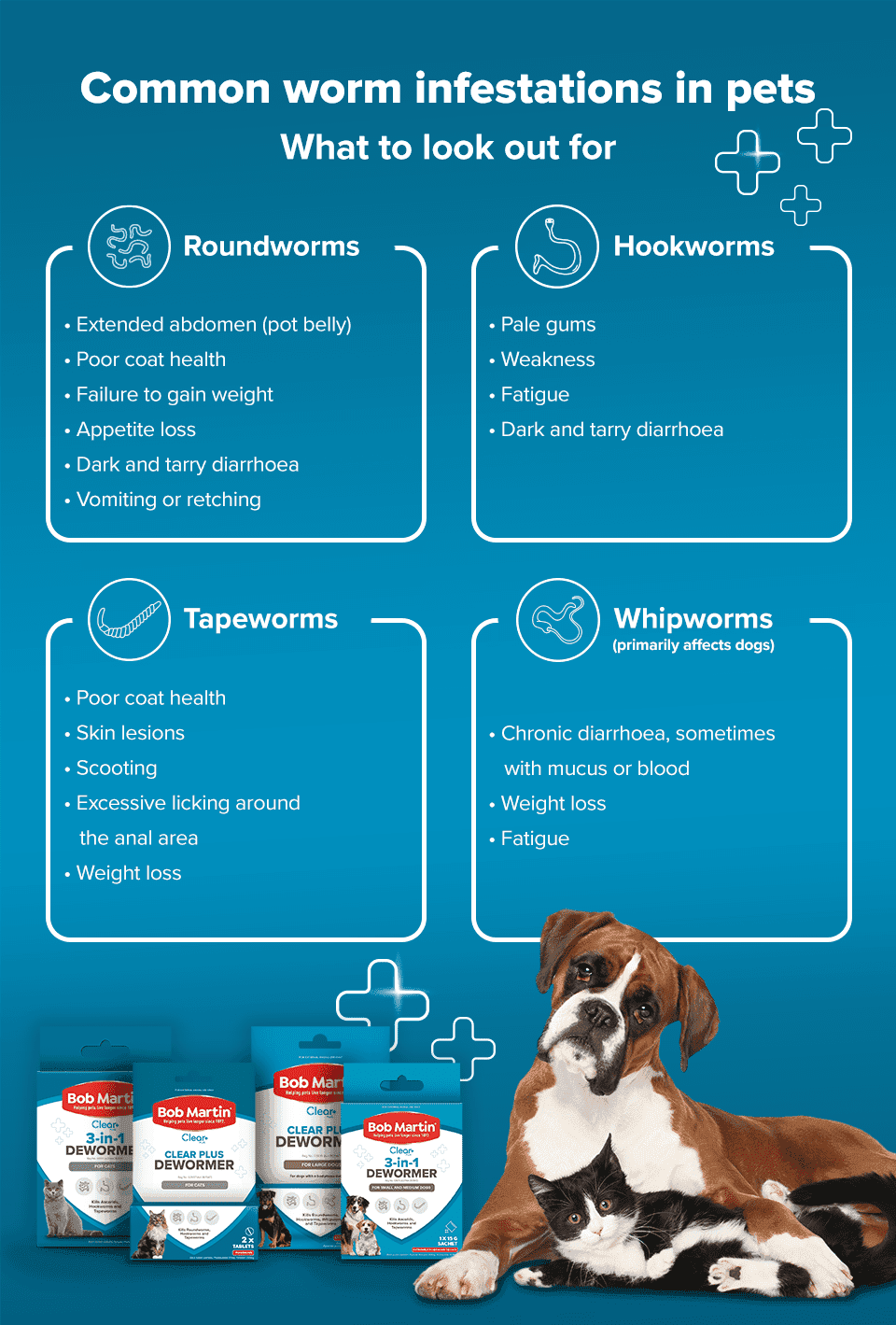Dealing with intestinal parasites is a common concern for many dog owners. While conventional deworming products are effective, some owners seek natural alternatives to treat and prevent worms in their canine companions. It’s always recommended to consult your veterinarian for the best approach tailored to your dog’s specific needs and situation.
Understanding Natural Deworming Agents
Several natural ingredients possess properties that can help eliminate or deter intestinal worms. These options, when used correctly, can be a valuable part of your dog’s health regimen.
Pumpkin Seeds
Pumpkin seeds contain an amino acid called cucurbitacin, which has a paralyzing effect on worms, aiding in their elimination from the digestive tract. For effective use, offer one teaspoon of raw, unsalted pumpkin seeds per 10 pounds of your dog’s body weight, administered twice daily. You can feed them whole as a treat or grind them into a fine powder to mix with your dog’s food.
Carrots
These readily available root vegetables are not only a good source of Vitamin A but can also assist in removing worms. The fibrous texture of coarsely chopped carrots can help to scrape the walls of the stomach and intestines during digestion, dislodging mucus and any embedded parasites. Carrots can be given as a healthy snack or added to meals.
Coconut
Dried coconut is recognized as a natural vermifuge, meaning it can help expel worms from the body. For smaller dogs, sprinkle one teaspoon of dried coconut over their food; use two teaspoons for medium-sized dogs, and one tablespoon for large breeds. Regularly incorporating coconut oil into your dog’s diet may also help in eliminating internal parasites and offers numerous other health advantages.
Apple Cider Vinegar
Apple cider vinegar (ACV) is known for its numerous health benefits, and it can also serve as an effective dewormer for dogs. ACV helps to create a more alkaline environment within the dog’s intestines, making it less hospitable for parasites and worms. Add about 1/4 to 1 teaspoon of raw, organic ACV to your dog’s daily water intake. You might also observe improvements in coat condition and overall health.
Turmeric
Turmeric is often hailed as a superfood due to its immune-boosting, anti-inflammatory, antibacterial, and anti-fungal properties. It contains compounds that can help combat worms and assist in repairing the intestinal damage caused by these parasites. To enhance absorption, it’s advisable to combine turmeric with a healthy fat, such as coconut oil, to form a paste before feeding it to your dog.
Chamomile
Renowned for its calming effects, chamomile can help alleviate bloating and inflammation associated with internal parasites. It is also effective against roundworms and whipworms. Giving chamomile as a tincture, readily available online or in health food stores, is often the most effective method. A recommended dosage is 0.25 ml to 0.50 ml per 20 pounds of your dog’s weight, administered twice daily for two weeks.
Proactive Health Management
While natural remedies can be beneficial for treating and preventing worms, consistent veterinary care remains crucial. Annual check-ups, including heartworm and parasite testing, are essential for maintaining your dog’s overall health. Consider enrolling your dog in a pet insurance plan that includes wellness coverage, which can help reimburse you for preventative treatments and routine veterinary visits.
Important Considerations for Worm Prevention
It is vital to remember that while these natural methods can be effective, they should be used with caution and in consultation with a veterinarian. Some parasites, like roundworms, can potentially be transmitted to humans. Understanding the risks associated with parasites and how they spread is crucial for the health of both your pet and your family. For instance, it is important to be aware of how humans can get tapeworms from dogs, and what happens if you get worms from your dog. This knowledge empowers you to take the necessary precautions.

